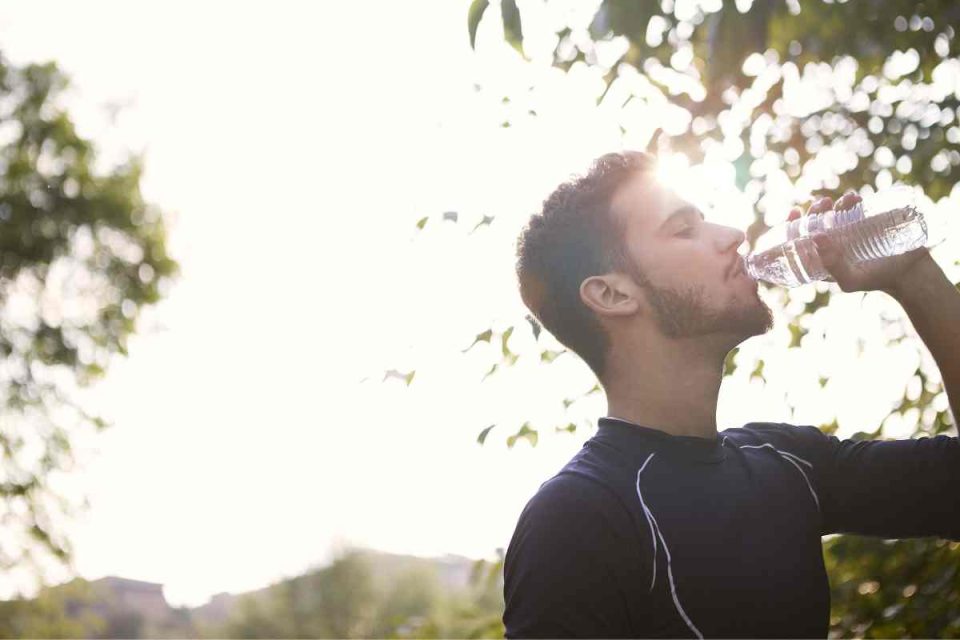Welcome to part three in our series about health ownership. For part one, I shared some tips for getting started on this journey, and part two was all about autonomy. This time, we’re going to be focussing on the small stuff: how even small changes can make a huge difference when it comes to taking ownership of your health.
Shaping The Future
In the words of author Annie Dillard, how you live your days is how you live your life. In other words, the things you do or don’t do, think or don’t think, focus on or pay no attention to at all will shape your health outcomes. They will determine what your days look like, the direction your life goes in, and ultimately, the value you derive from that. So the small stuff really does matter. And stacking these daily actions, nudges, behaviours, habits can have a huge impact on how life goes for you. I just think this is so empowering, because it puts you in control.
Let’s put this into perspective. Often, we attribute athletic success to things like genetics, “they’ve got good genes, look at their parents.” And yes, that plays a part, but it’s their lifestyle that shapes the outcome. They still need to train – both physically and mentally – rest, and eat well. So, we have more control than many of us might think. Genetics may load the starting gun, but it’s lifestyle that pulls the trigger!
A Big Impact
You’ll have heard me say many times before: small changes have a big impact over time. We call this the minimal effective dose or the baby steps approach: determining the smallest achievable thing that, while small, will progress you towards a desired outcome. And making a number of small improvements in different areas will of course have an even greater impact, which is what’s known as the aggregation of marginal gains.
So what small changes might you make? For example, you might improve your bedtime routine for better sleep quality. Perhaps you’ll simply down an extra glass of water first thing to feel less sluggish in the mornings. Or maybe you’ll introduce little opportunities to de-stress – slivers of recovery – throughout the day. Think about the goal: what is it you want to achieve; the value: what is driving you to get there; and the how: which small changes are going to make it happen.
As always, we’d love to hear from you, so please do reach out to us on social media to let us know if this has been helpful.
Find us on Facebook, LinkedIn and Instagram.
Wellbeing Resources
Check out our free posture guide for desk workers. Many of us frequently sit or stand at a desk, our posture guide will show you how to set up your workstation, stretches to do to avoid getting tight, uncomfortable muscles, and how to correct your posture to stay relaxed and energised whilst at work.
Interested in finding out what your health IQ is? Take the Health IQ test to receive a free 39-page report built around our six signals: sleep, mental health, energy, body composition, digestion, and fitness.


